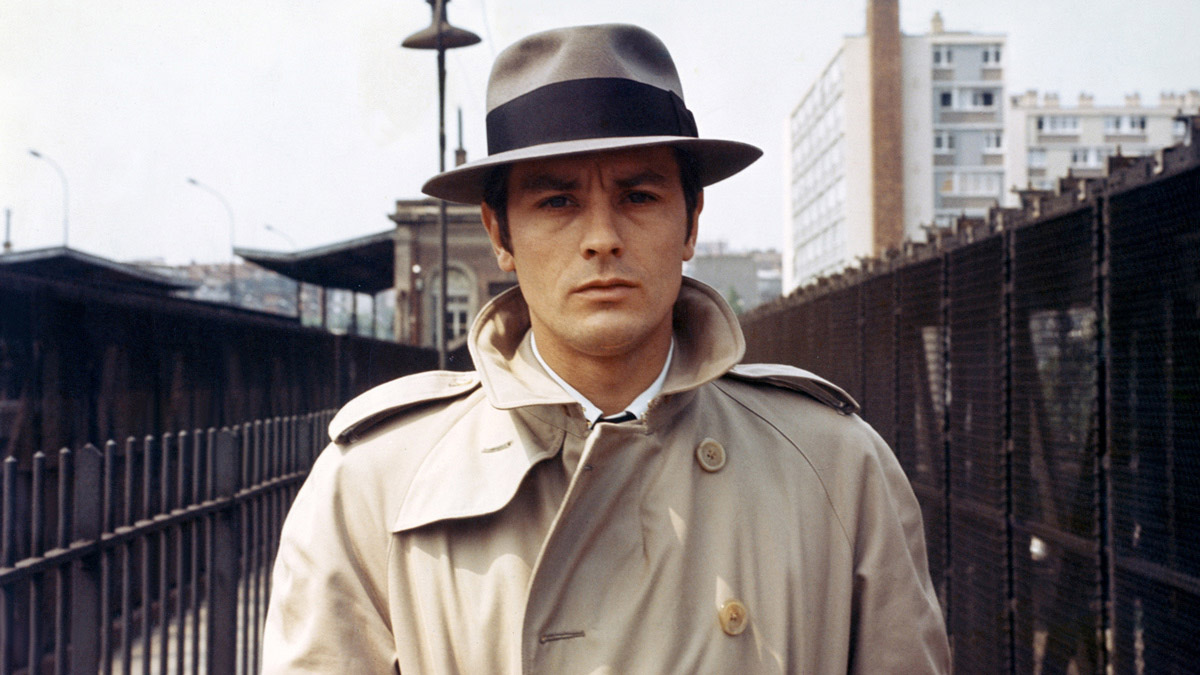
(c) Photofest / Getty Images
“The Samurai” A solitary way of life depicted in a masterpiece of French film noir
2019.09.13
"The Samurai" synopsis
Jeff Costello is a lone wolf assassin. As he leaves the scene after killing a night club owner, his face is spotted by singer Valerie. However, Valerie tells the police that Jeff is not the culprit. Meanwhile, Jeff receives a new murder request, but the target is Valerie.
Index
- An opening line that hints at the origin of the title.
- The golden duo, Alain Delon and Melville
- Style beauty established
- Values, ideas, and aesthetics that go beyond Japanese culture
An opening line that hints at the origin of the title.
There are many foreign films influenced by Japanese The Samurai culture and Bushido. For example, in `` Ghost Dog: The Way of the Samurai '' (1999), directed by Jim Jarmusch, a ``kind-hearted assassin'' played by Forest Whitaker learns Bushido from the real book ``Hagakure'', and eventually, for some reason, an old man... This is a movie in which you will face a ruthless battle against a lot of gangsters. Of course, the famous line ``Bushido means dying and finding something'' also appears.
Black gangsters born in New York and Bushido. This combination is unique. Too unique. But perhaps it is precisely because it is so completely shaken off that the audience is able to go beyond the correctness of the interpretation of Japonism (I don't even know what that is) and play with this work in a very open-minded manner. It was clearly a unique state of affairs that only Jarmusch could create, including the occasional chuckle.
Then, around the time Ghost Dog: The Way of the Samurai was released, there was a masterpiece that suddenly people were pointing out that they had something in common. That is the 1967 work ``The Samurai'' by master Jean-Pierre Melville. This is a serious film noir without any humor.
"The Samurai" trailer
What I want to focus on is the beginning. A lone assassin played by Alain Delon is lying on a bed in a cold, almost monochrome room. Several seconds pass without anything happening, as if it were a still image, and during that time, the small bird in the cage by the window continues to make a constant chirping sound. Cigarette smoke exhaled. The sound of cars passing by on the rainy street. A passage that suddenly comes to mind tells the viewer what the title means.
"There is nothing deeper than the loneliness of The Samurai. There is no loneliness deeper than that of a tiger living in the jungle." (From ``Bushido'')
It is probably the opening scene that Western European audiences are likely to be moved to when they see it for the first time and say, ``Wow...'' without meaning to. However, when we Japanese people look closely at this sentence, there are many parts that make us think, "Huh?" In the first place, if there are some people who are scratching their heads and thinking that there is something strange about the words jungle and tiger in the words related to Bushido and samurai, then that attitude is correct.
This is because, unlike the aforementioned ``Hagakure'' in ``Ghost Dog: The Way of the Samurai,'' this passage is entirely fictional, created by director Melville. The fact that he was able to do something like this so calmly is truly a master who continued to fight as a resistance fighter in Nazi-occupied France. The liver is fixed.

